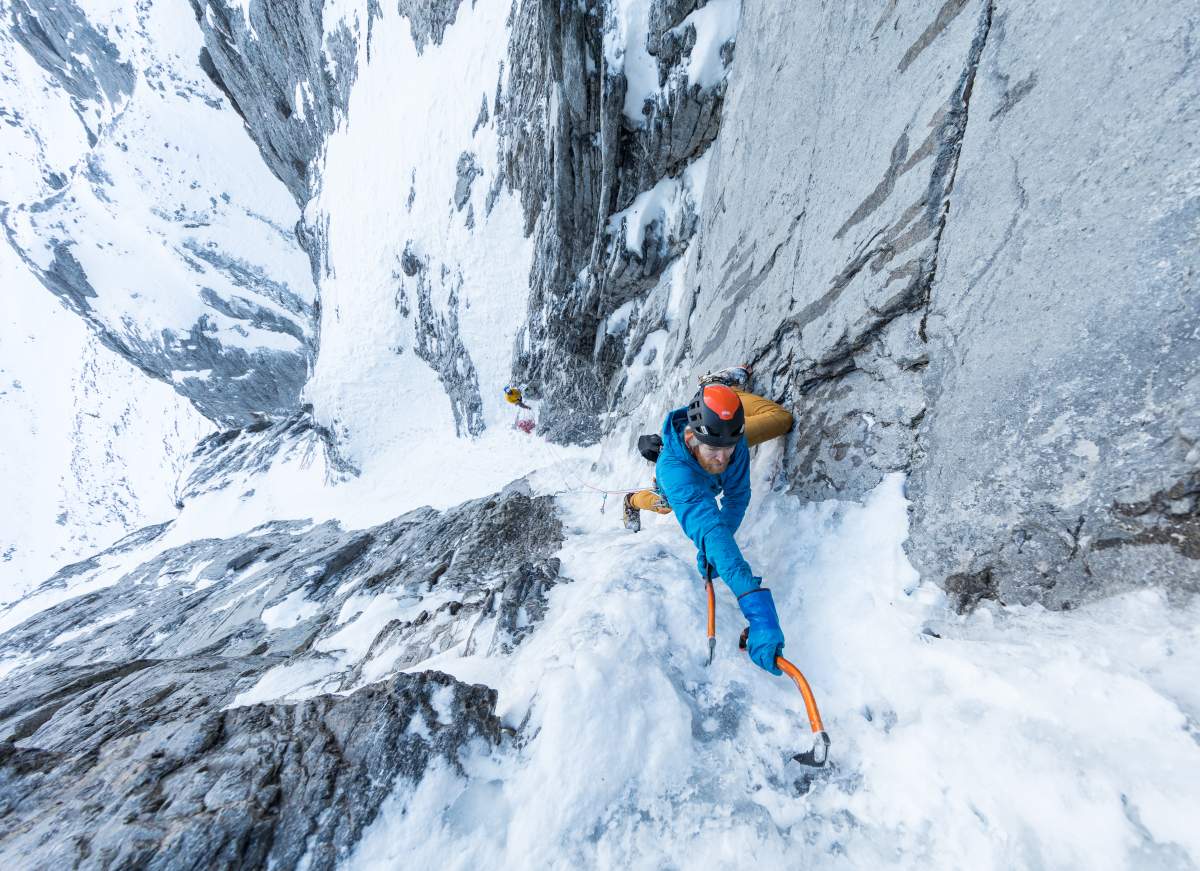Rescue groups are asking backcountry users to choose low-risk activities at a time when resources are stretched due to COVID-19.

The Alberta government has asked ski hills in the province to close to help prevent the spread of the novel coronavirus.
It’s feared the closure could lure more outdoor enthusiasts into the backcountry to ski or snowshoe, given one of the best snowpacks in recent years.
Parks Mountain Safety, which responds to rescues in the mountain national parks, was not immediately available for an interview but it asked on social media for people to keep their personal risk to a minimum.
“Now is not the time to have a backcountry accident, which will stress the capacity of our teams and the medical system,” said a statement posted on the department’s Facebook page.
“Enjoy the fresh air, but please help everyone out by restraining your activities.”
Similar warnings have come from Kananaskis Public Safety in Alberta and Fernie Search and Rescue in British Columbia.
“Users should choose activities in areas that support emergency access and present minimal challenges and/or hazards,” Kananaskis Public Safety, which covers Alberta Parks, said on Facebook.
It’s a warning Canmore outdoor enthusiast Tim Banfield isn’t taking lightly.

Get weekly health news
“I don’t think it’s extreme. I have zero issue with it,” he said. “There were so many people out last weekend backcountry skiing and ice climbing but as this message spreads, I think more people will listen.”
Banfeild said he is personally thinking of doing more trail runs, rides on his fat bike and staying away from skiing couloirs.
The outdoor photographer also had an adventure trip planned for Pakistan and possibly Nepal in the coming months, both of which have been cancelled.
Simon Piney, head of Fernie Search and Rescue, said staff are still fully operational and able to respond.
“Our concern is that if we have to respond to a call-out, it means our team members are exposing themselves in an environment that we don’t want to be in — inside a helicopter, where we can’t keep the distancing that’s required — and then exposure to an unknown subject.”
Piney said that could mean several rescuers would have to go into containment every time they go out to a call.
He added that it’s not the best situation for people being rescued, because they could have to go to hospital — whether they break a leg in an accident or get caught in an avalanche.
“Our feeling is that the health-care system really doesn’t want them right now. It’s overworked and over-strained as it is,” he said.
“I’d say to the subject: ‘Is that really where you’d want to end up? Do you want to be sitting in a hospital ward at the moment?'”
Piney’s message was similar to Alberta Parks and Parks Canada, but he also extended it to snowmobilers, who are allowed to sled in the area where his teams do rescues.
“While the outdoors is a great way of forgetting about this challenging situation, now is a great time to be making some conservative decisions,” he said. “It’s not a great time to be ski touring in high-risk areas or sledding a long way from home.
“There’s a lot of risk involved if it goes wrong.”
With files from Jayme Doll, Global News.



Comments
Want to discuss? Please read our Commenting Policy first.